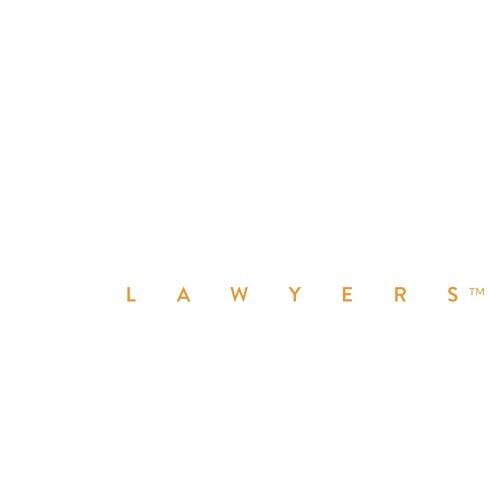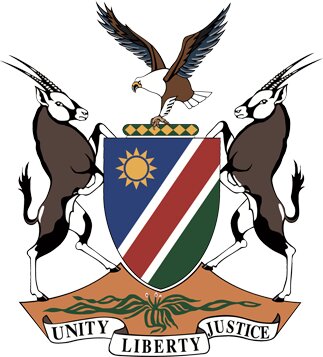Best Civil Rights Lawyers in Windhoek
Share your needs with us, get contacted by law firms.
Free. Takes 2 min.
List of the best lawyers in Windhoek, Namibia
About Civil Rights Law in Windhoek, Namibia
Civil Rights law in Windhoek, Namibia, is a critical area of the legal system that focuses on protecting individuals' freedoms and ensuring equal treatment under the law. These rights are enshrined in the country's constitution and aim to prevent discrimination based on race, gender, religion, or other prohibited grounds. Namibia, having gained independence in 1990, has developed a robust legal framework to protect these rights, influenced both by its historical context and its obligations under international human rights conventions.
Why You May Need a Lawyer
Individuals may require legal assistance in Civil Rights for various reasons. These can include cases of workplace discrimination, issues with equal access to public services and facilities, matters involving freedom of speech, or instances of arbitrary detention. A lawyer can provide guidance on navigating these complex situations, ensuring that their clients' rights are upheld and seeking compensatory measures where necessary.
Local Laws Overview
The legal framework in Windhoek is guided by the Namibian Constitution, which is the supreme law and includes a comprehensive Bill of Rights. Key aspects of local laws relevant to Civil Rights include the prohibition of discrimination, the right to freedom and security, and the right to fair administrative action. Significant legislation includes the Labour Act, which addresses workplace discrimination, and the Racial Discrimination Prohibition Act, which enforces broader non-discrimination principles. Additionally, Namibia is a party to international human rights treaties, which further bolster its commitment to civil rights.
Frequently Asked Questions
What are my basic civil rights in Namibia?
Your basic civil rights in Namibia include the right to equality, freedom from discrimination, freedom of expression, and the right to a fair trial among others, as outlined in the Namibian Constitution.
How can I tell if my civil rights have been violated?
If you experience unfair treatment or discrimination based on your race, gender, religion, or other protected characteristics, your civil rights may have been violated. Seeking legal advice can help clarify this issue.
What should I do if I face discrimination at work?
Document the incidents and seek legal counsel. You can also file a complaint with the Labour Commissioner, who addresses workplace-related civil rights issues in Namibia.
Is freedom of speech protected in Namibia?
Yes, freedom of speech is protected under the Namibian Constitution, but it has limitations, especially in cases involving hate speech or violence.
How can I report a violation of my civil rights?
You can report a violation of your civil rights to the Office of the Ombudsman or seek assistance from a lawyer specializing in civil rights law.
What is the role of the Ombudsman in civil rights issues?
The Ombudsman in Namibia investigates complaints against violations of civil rights and can propose corrective action, though it does not enforce the law.
Can international human rights law be enforced in Namibia?
Yes, many international human rights conventions, once ratified by Namibia, have been incorporated into local law and are enforceable.
Are there any notable civil rights organizations in Namibia?
Yes, organizations such as the Legal Assistance Centre and Namibia Institute for Democracy are active in promoting civil rights in the country.
When should I seek legal advice regarding civil rights?
You should seek legal advice as soon as you believe your civil rights have been violated, to ensure timely and effective resolution.
Does Namibia have special protections for the rights of women and children?
Yes, the Namibian government has enacted laws like the Combating of Domestic Violence Act and the Child Care and Protection Act to safeguard the rights of women and children.
Additional Resources
For additional assistance, individuals can turn to resources such as the Legal Assistance Centre, Women's Legal Center, and the Office of the Ombudsman. These organizations offer guidance and support for those dealing with civil rights issues. Additionally, government bodies like the Ministry of Justice provide further legal resources and information.
Next Steps
If you are in need of legal assistance concerning civil rights, consider reaching out to a lawyer who specializes in this field. Gather any relevant documentation pertaining to your case and look for initial consultations, which many law firms offer without charge. Connecting with local civil rights organizations can also provide additional support and resources. Staying informed and taking proactive measures can significantly impact the resolution of your civil rights concerns.
Lawzana helps you find the best lawyers and law firms in Windhoek through a curated and pre-screened list of qualified legal professionals. Our platform offers rankings and detailed profiles of attorneys and law firms, allowing you to compare based on practice areas, including Civil Rights, experience, and client feedback.
Each profile includes a description of the firm's areas of practice, client reviews, team members and partners, year of establishment, spoken languages, office locations, contact information, social media presence, and any published articles or resources. Most firms on our platform speak English and are experienced in both local and international legal matters.
Get a quote from top-rated law firms in Windhoek, Namibia — quickly, securely, and without unnecessary hassle.
Disclaimer:
The information provided on this page is for general informational purposes only and does not constitute legal advice. While we strive to ensure the accuracy and relevance of the content, legal information may change over time, and interpretations of the law can vary. You should always consult with a qualified legal professional for advice specific to your situation.
We disclaim all liability for actions taken or not taken based on the content of this page. If you believe any information is incorrect or outdated, please contact us, and we will review and update it where appropriate.















